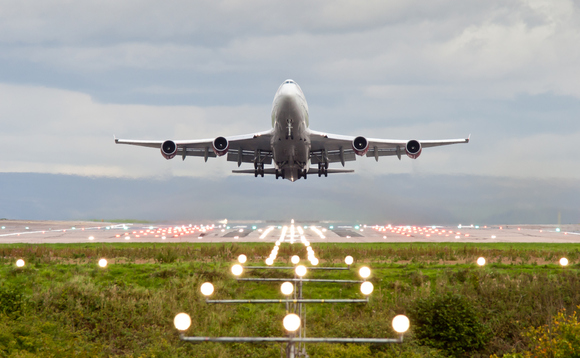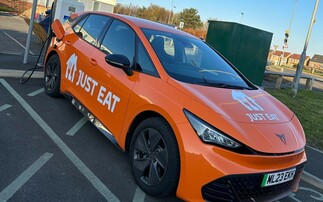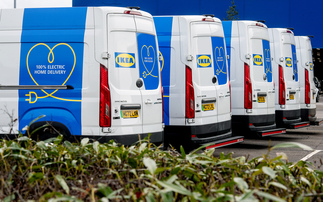Credit: iStock
Emirates ring-fences $200m for advanced fuel innovation, as Wizz Air launches commercial tests for sustainable aviation fuel supply chain
Airline Emirates has this week announced it has committed $200m over three years to fund research and development projects focussed on reducing the impact of fossil fuels across the commercial aviation sector.
Sir Tim Clark, Emirates president, said the funding would span R&D on new engine technologies, sustainable aviation fuel (SAF) supply chains, and the industry's regulatory and ecosystem requirements.
"It's clear that with the current pathways available to airlines in terms of emissions reduction, our industry won't be able to hit net zero targets in the prescribed timeline," he said. "We believe our industry needs better solutions, and that's why we're looking to partner with leading organisations on research and development.
"Until viable solutions can be found, Emirates will continue to implement environmentally responsible practices throughout our business, including uplifting SAF where feasible, ensuring efficient fleet operations, and inducting modern aircraft into our fleet," he added.
The airline's Environmental Sustainability Executive Steering Group will oversee the allocation of the new funds, with support from technical experts, the company confirmed.
Emirates' announcement comes in the same week as airline Wizz Air announced flights using a 37 per cent blend of SAF processed from vegetable oils, used cooking oils, and animal fats took off from Budapest Airport yesterday in a landmark launch of commercial tests ahead of EU blending mandates slated for 2025.
Using Finnish company Neste's MY SAF supplied by MOL, three Airbus A321neo aircraft carried passengers from Budapest to Paris and several other European destinations.
Yvonne Moynihan, corporate and ESG officer at Wizz Air, said the tests further demonstrate the value of industry collaboration in addressing climate challenge.
"While Wizz Air is already leading in sustainability with one of the world's youngest aircraft fleets and highly efficient operations, the initiative at Budapest Airport is a testament to our broader strategy, with alternative fuels playing a significant role," she said.
"This marks further progress against our commitment to reduce our carbon intensity by 25 per cent by 2030 and shows we remain laser focused on technology and innovation."
News from Emirates and Wizz Air comes just days after US aviation giant United Airlines detailed plans to triple its use of SAF in 2023 by using low carbon alternatives for departing flights from San Francisco International Airport and London Heathrow.
Moreover, a new plan from the Jet Zero Council published in April set out a series of milestones, including the world's first 100 per cent SAF transatlantic flight between November and December 2023 and breaking ground on five commercial scale SAF plants by the second half of 2024.
It also confirmed the government's plan to have legislated to deliver the UK's SAF mandate by the end of 2024, so it can come into force as planned by 2025.
However, some observers remain sceptical about the scalability of the SAF industry and have warned it could struggle to secure the feedstocks required to deliver deep emissions savings across the aviation sector. As such, campaign groups are continuing to call for policies that can help curb the number of flights until genuinely zero emission aircraft come online.
Keep up to date with all the latest green business news by signing up to the free Daily and Weekly BusinessGreen Newsletters.










